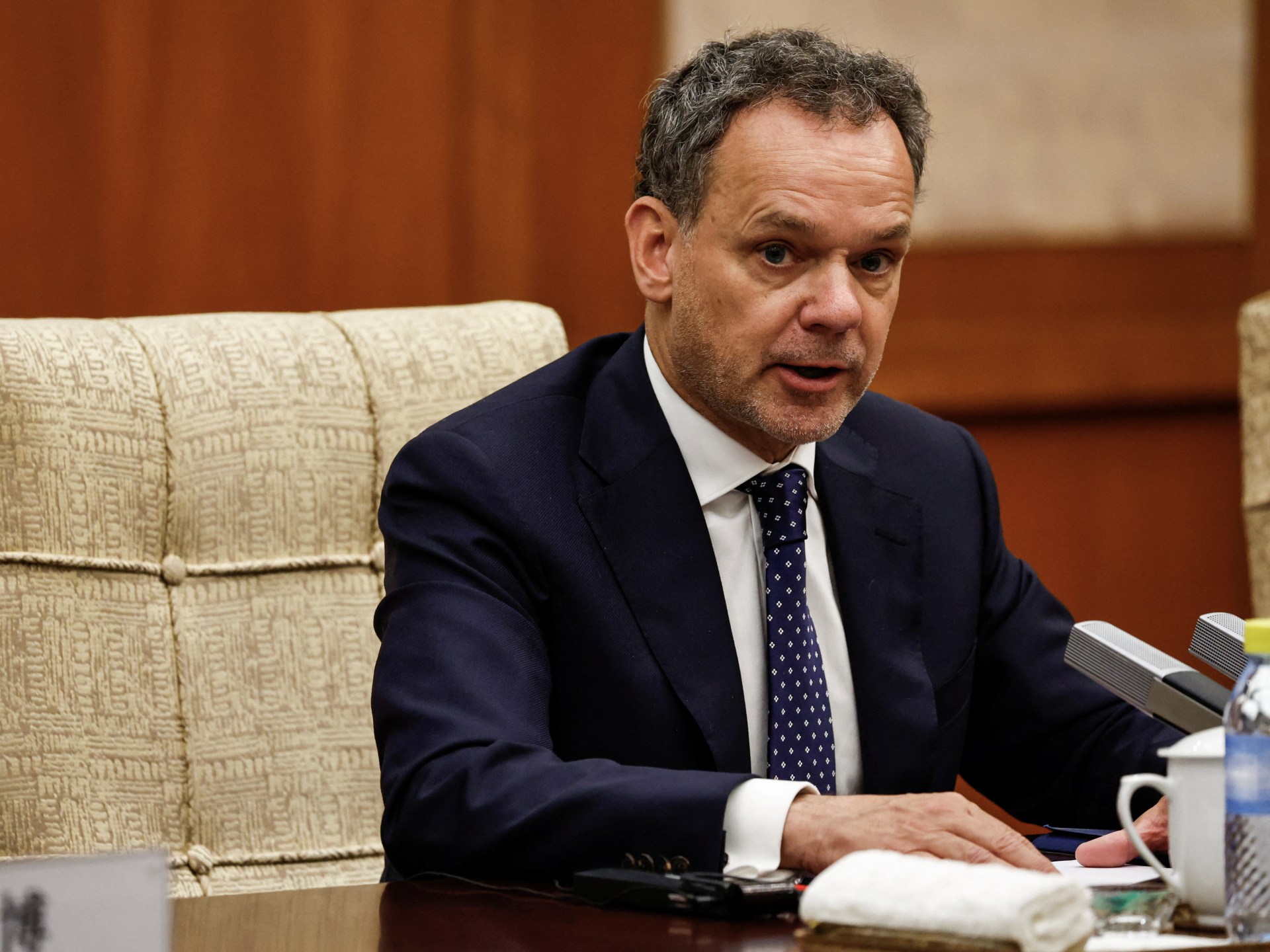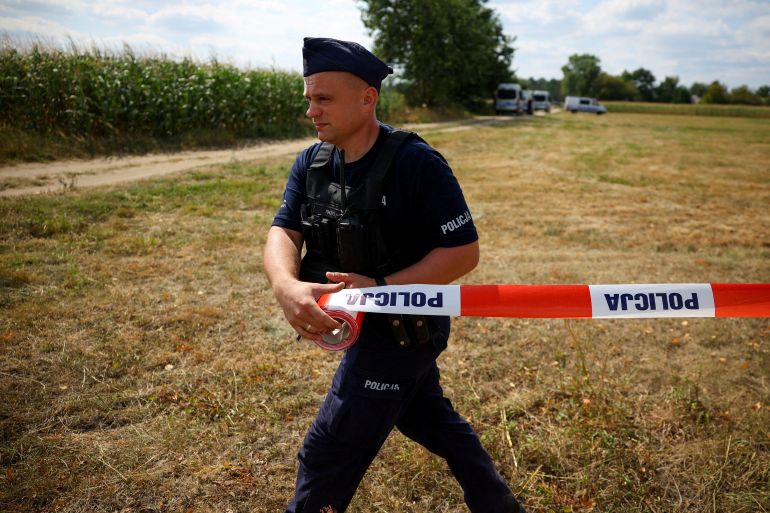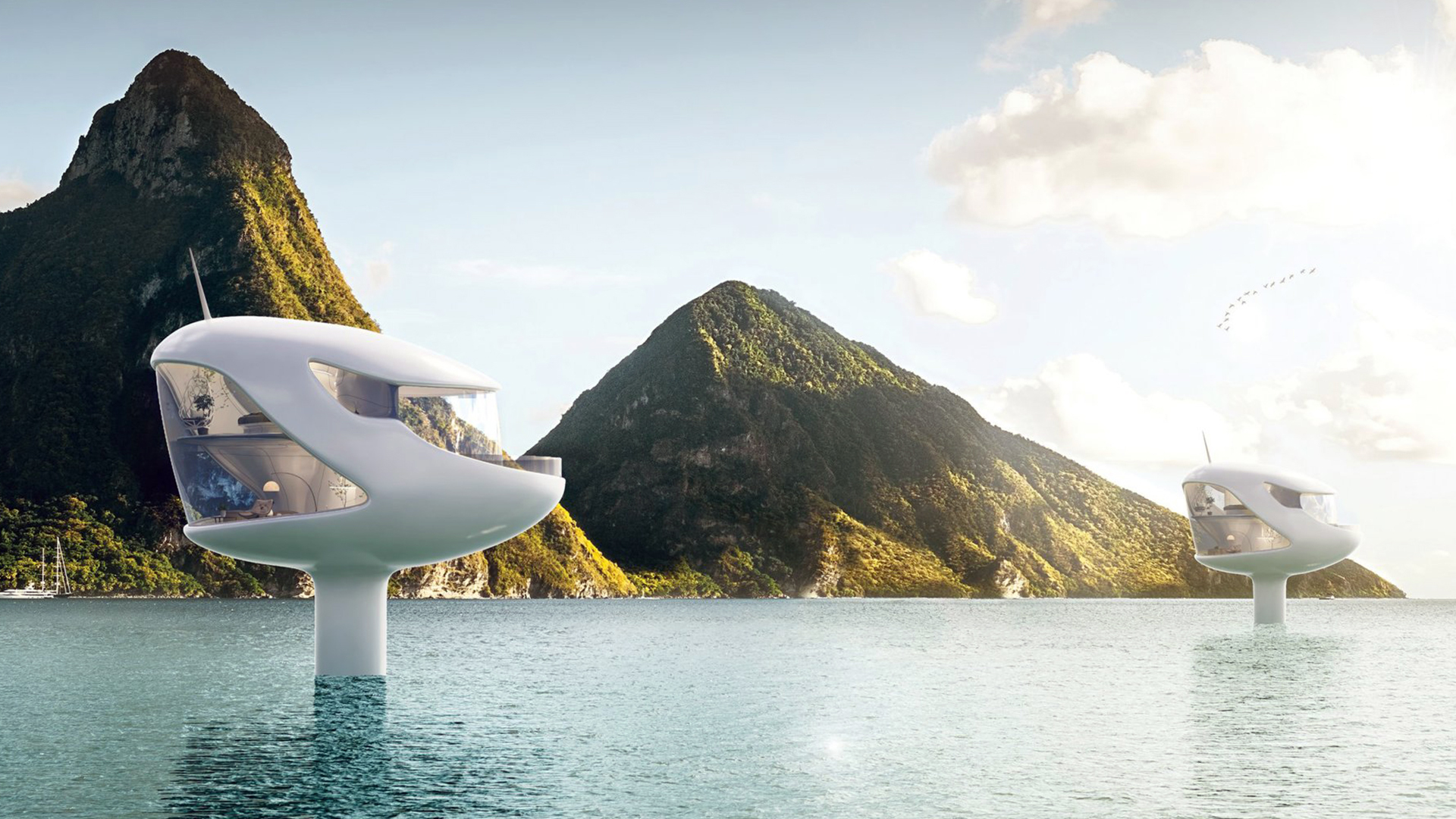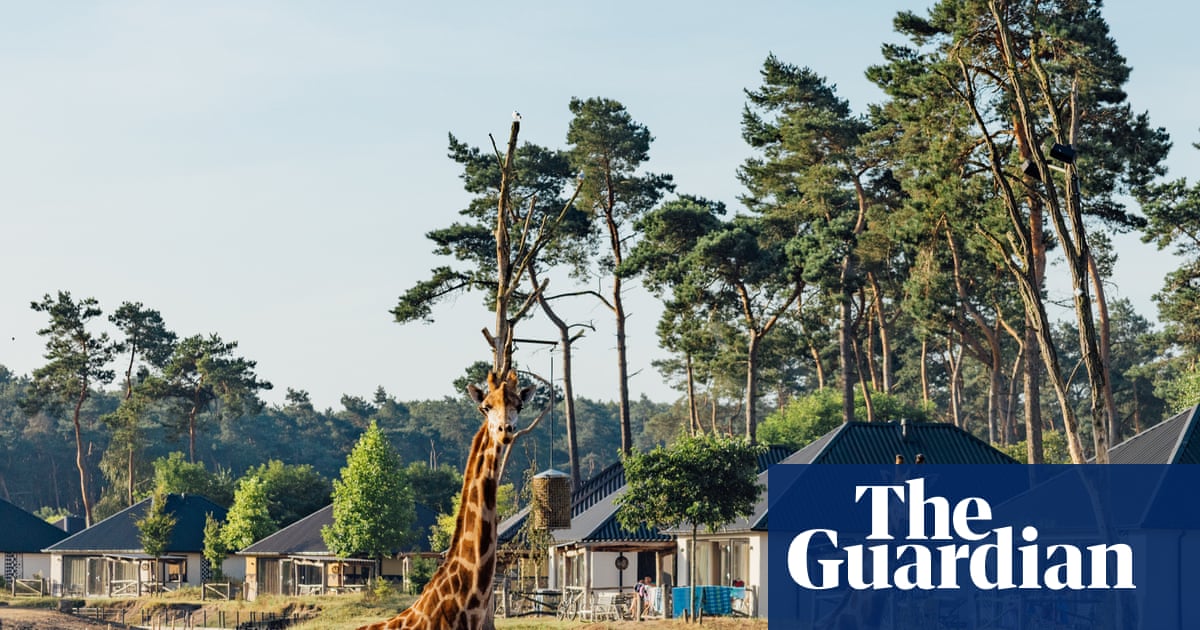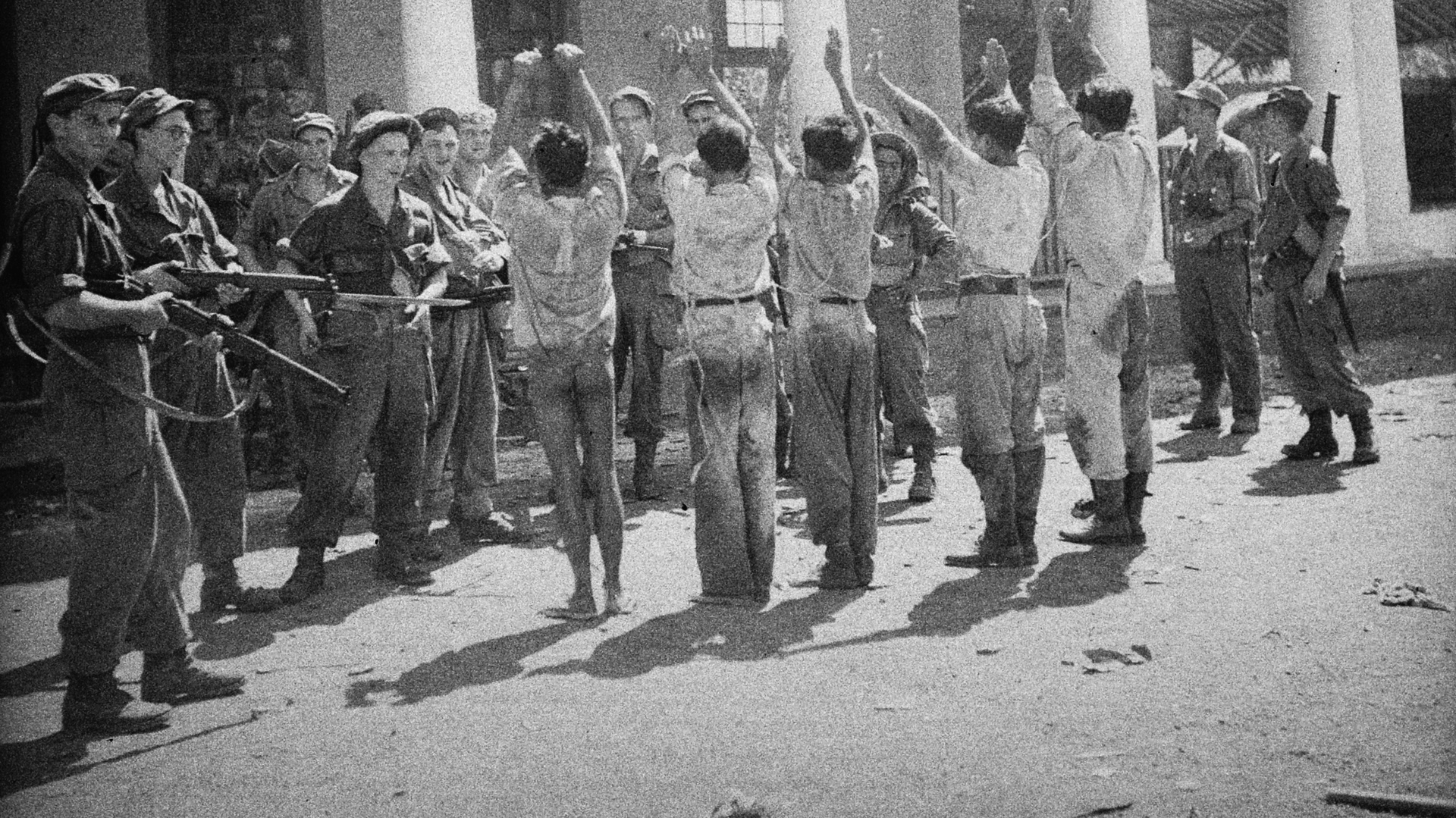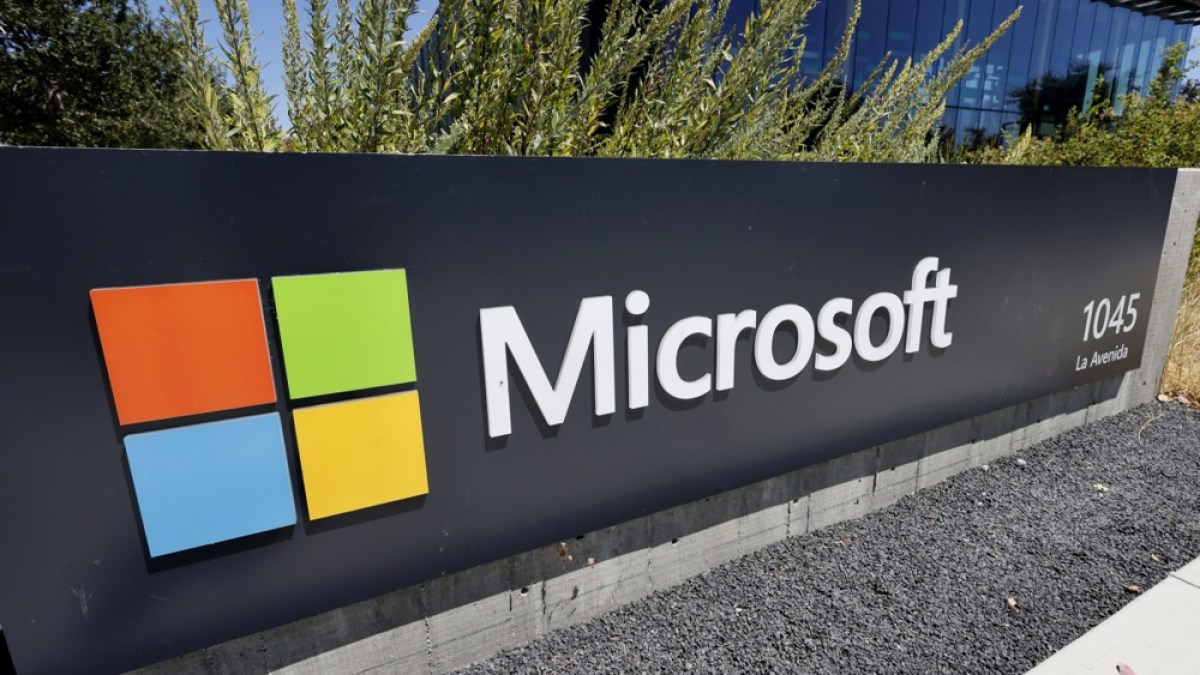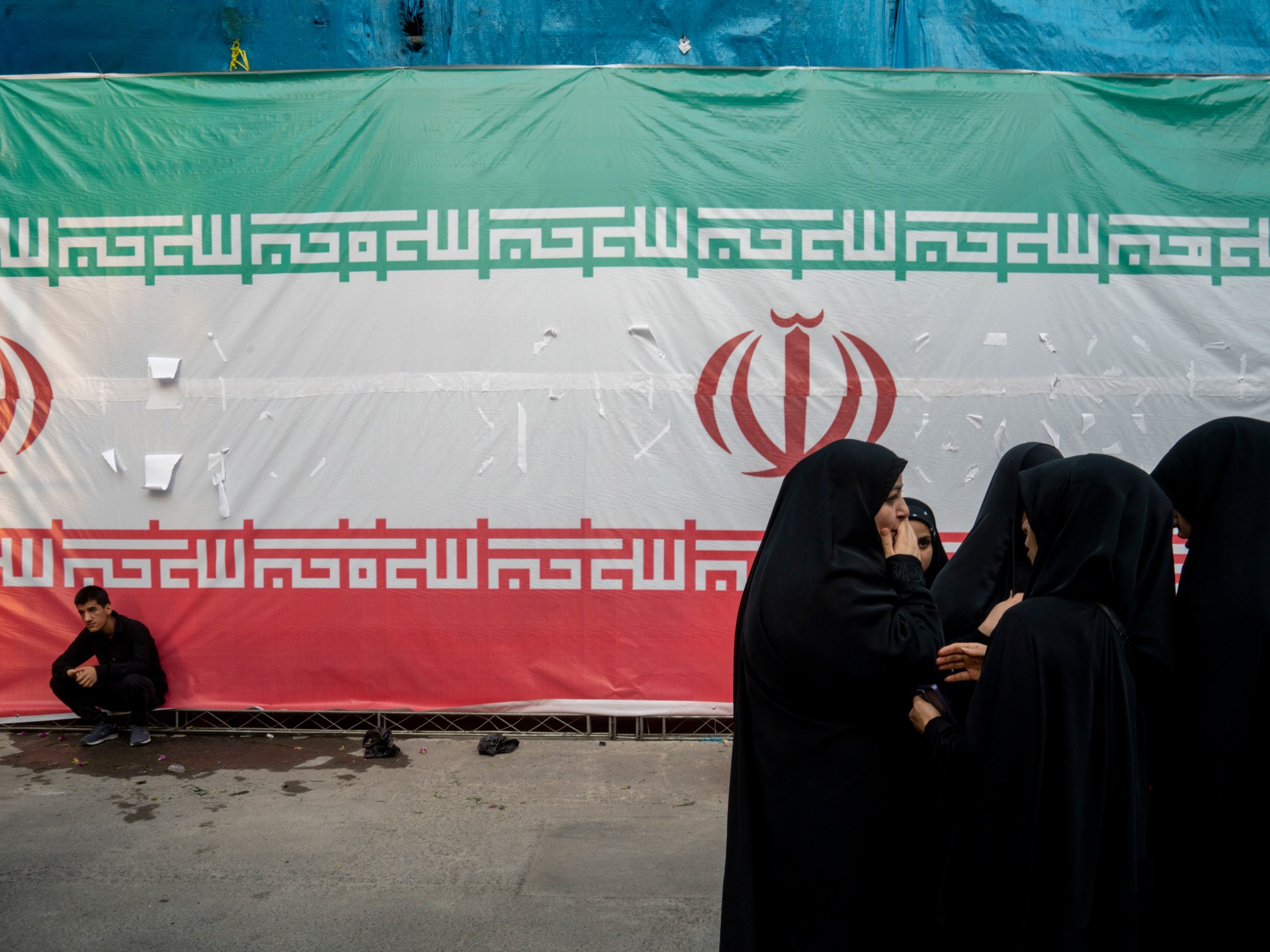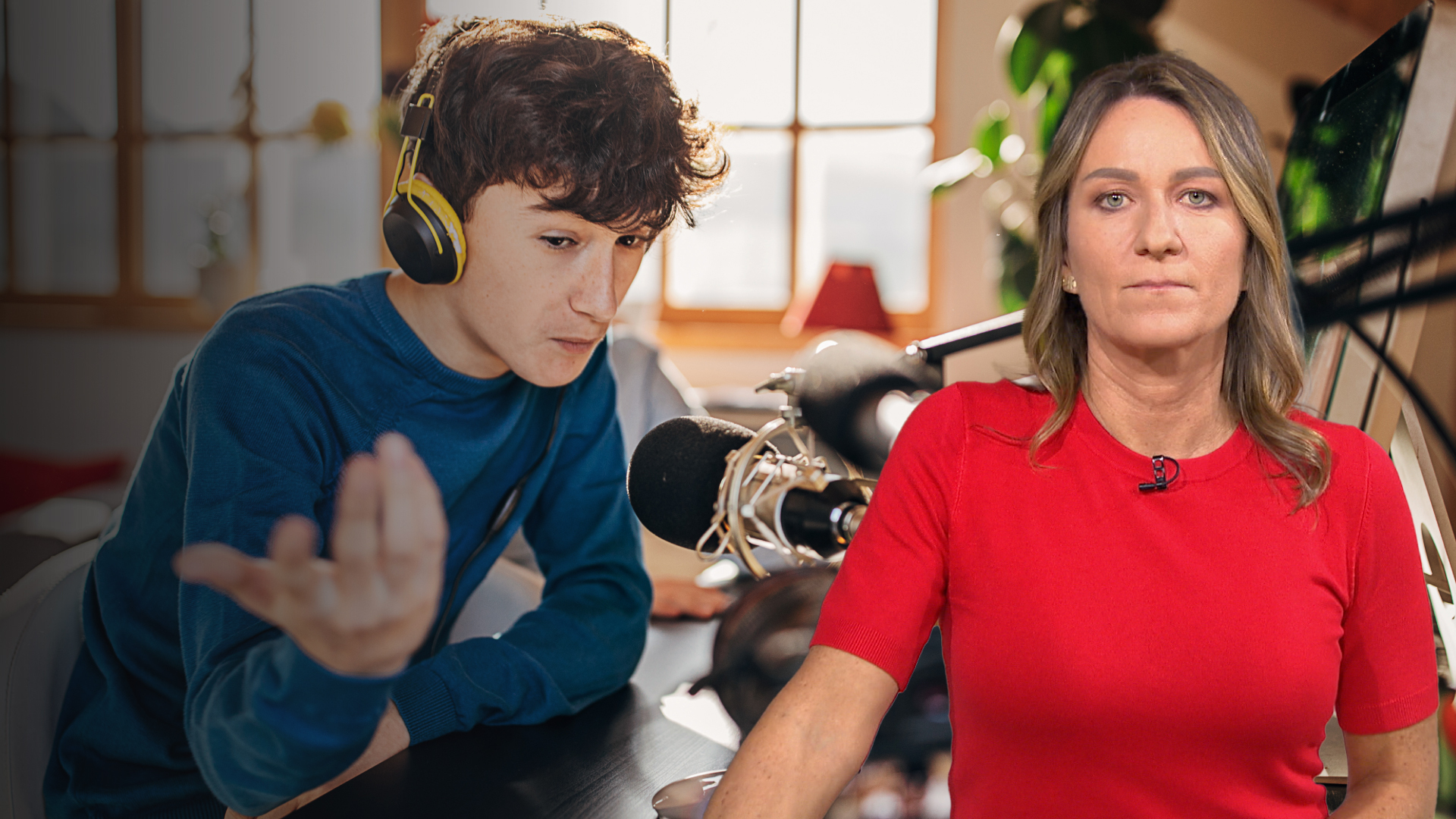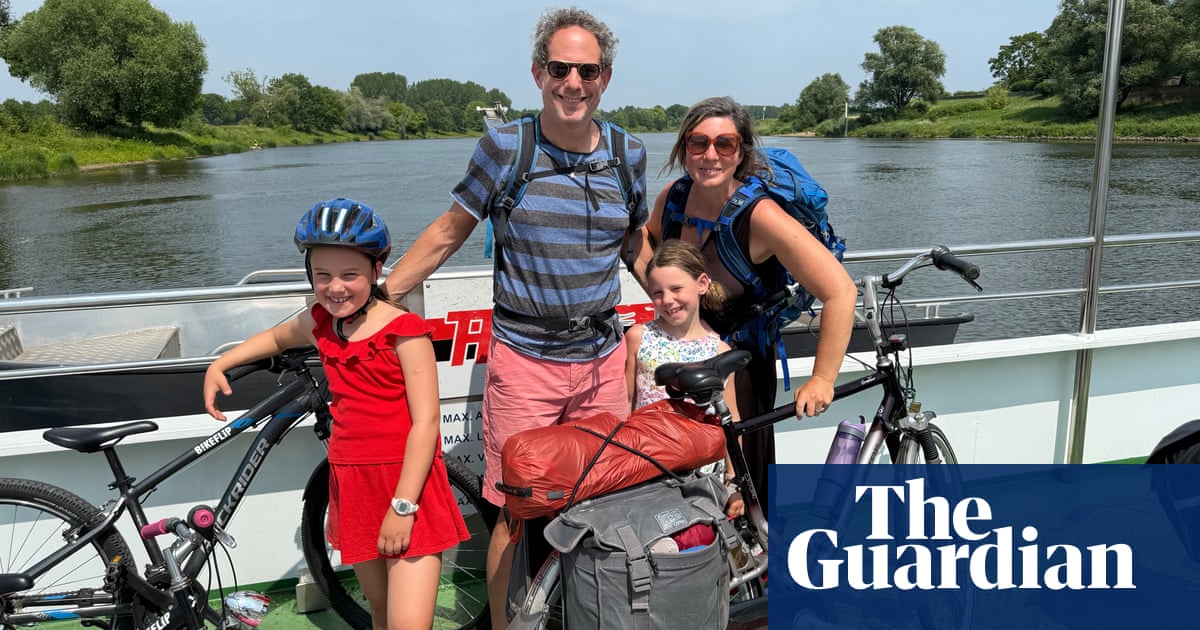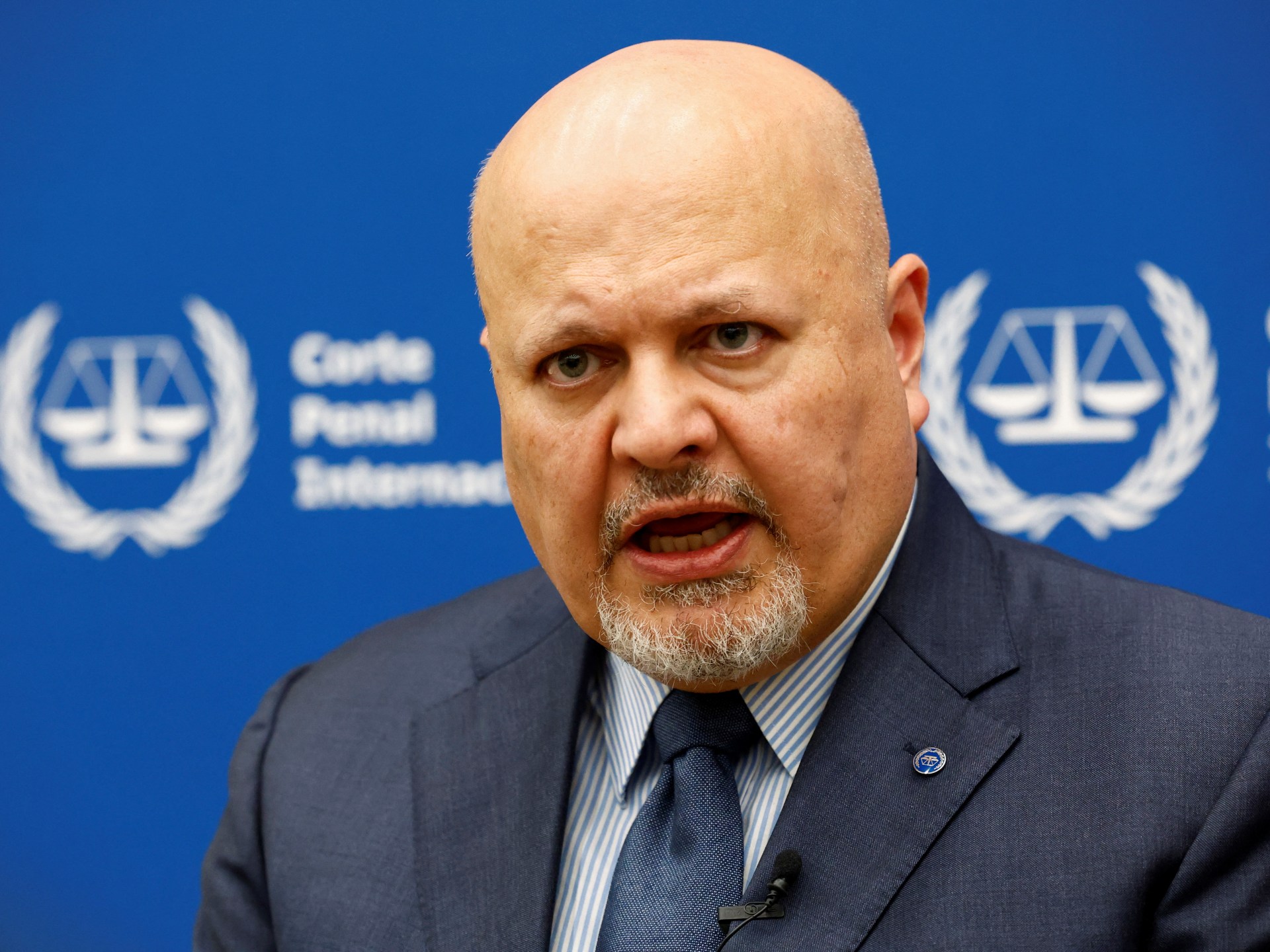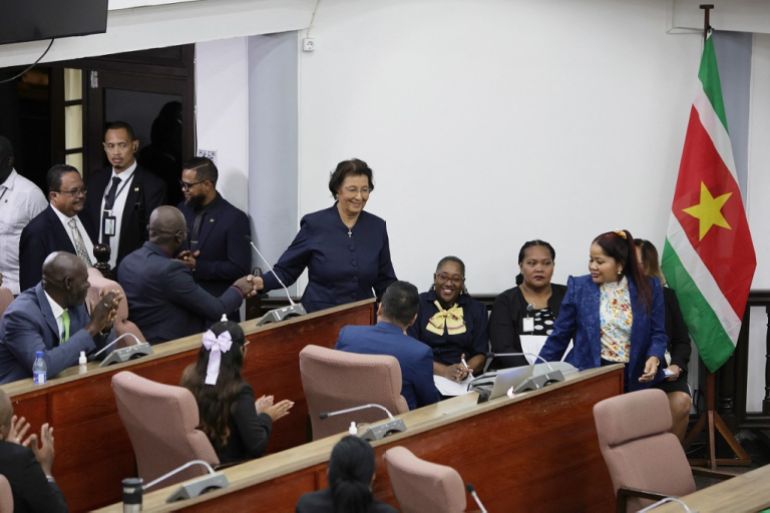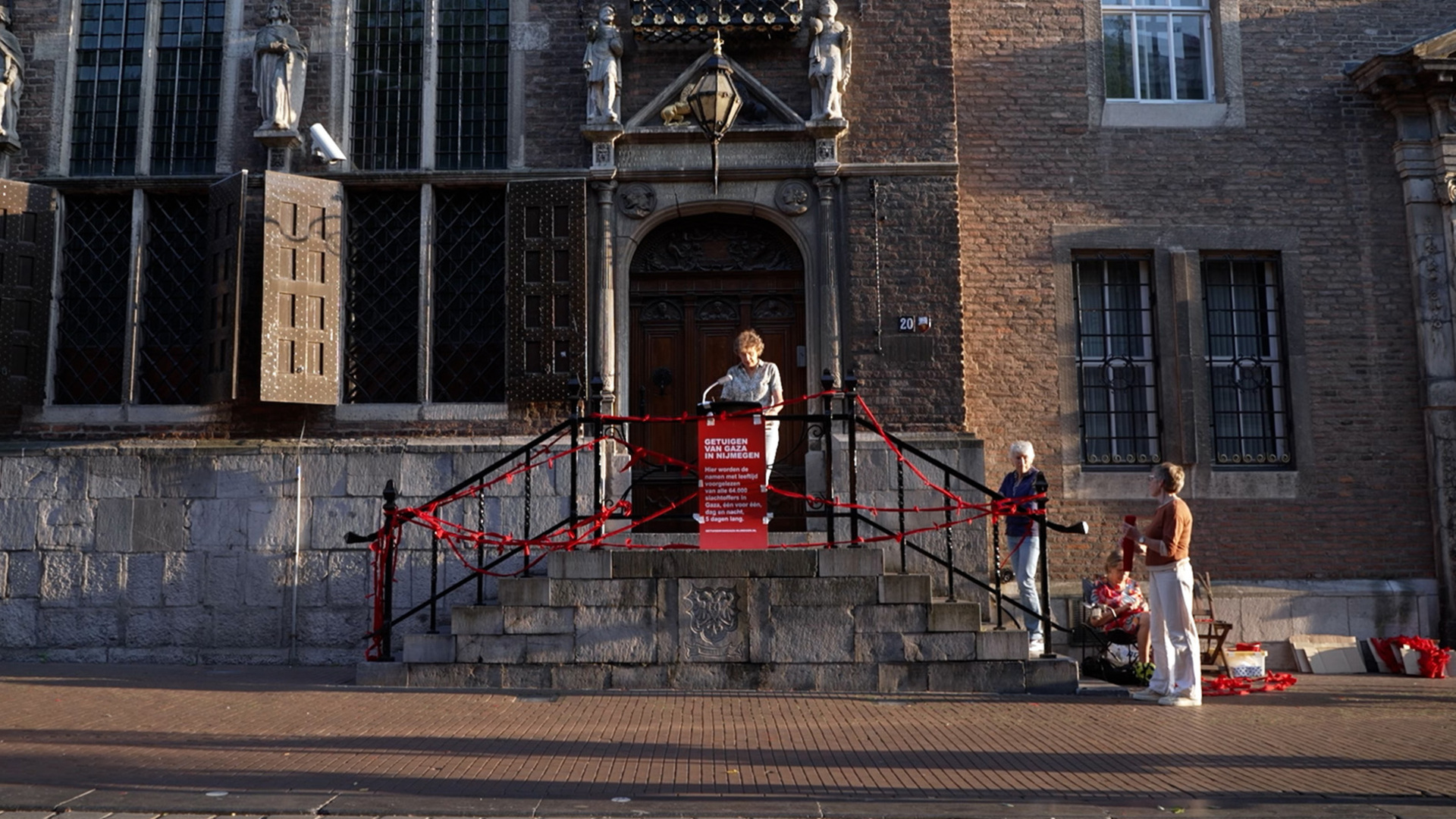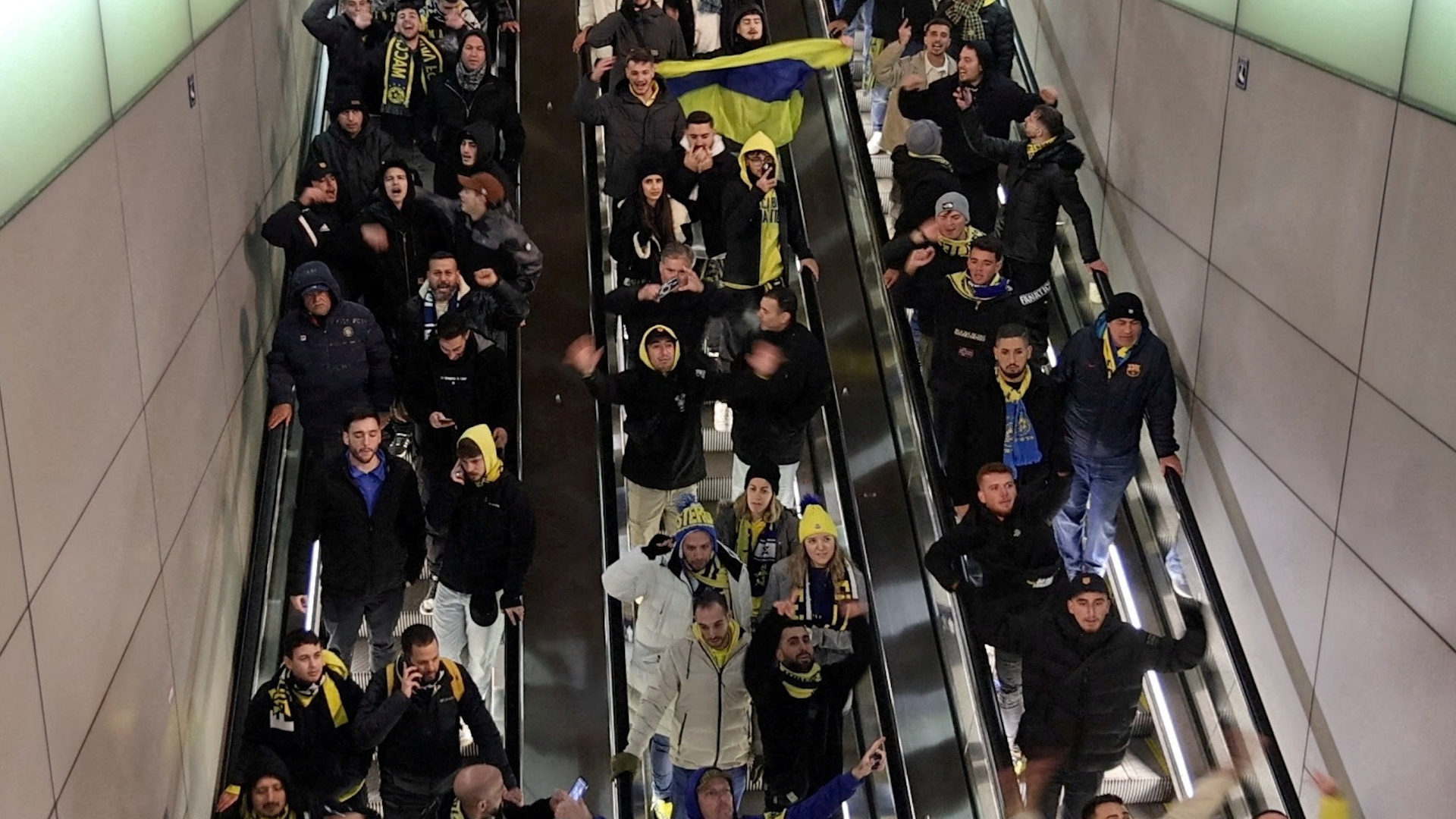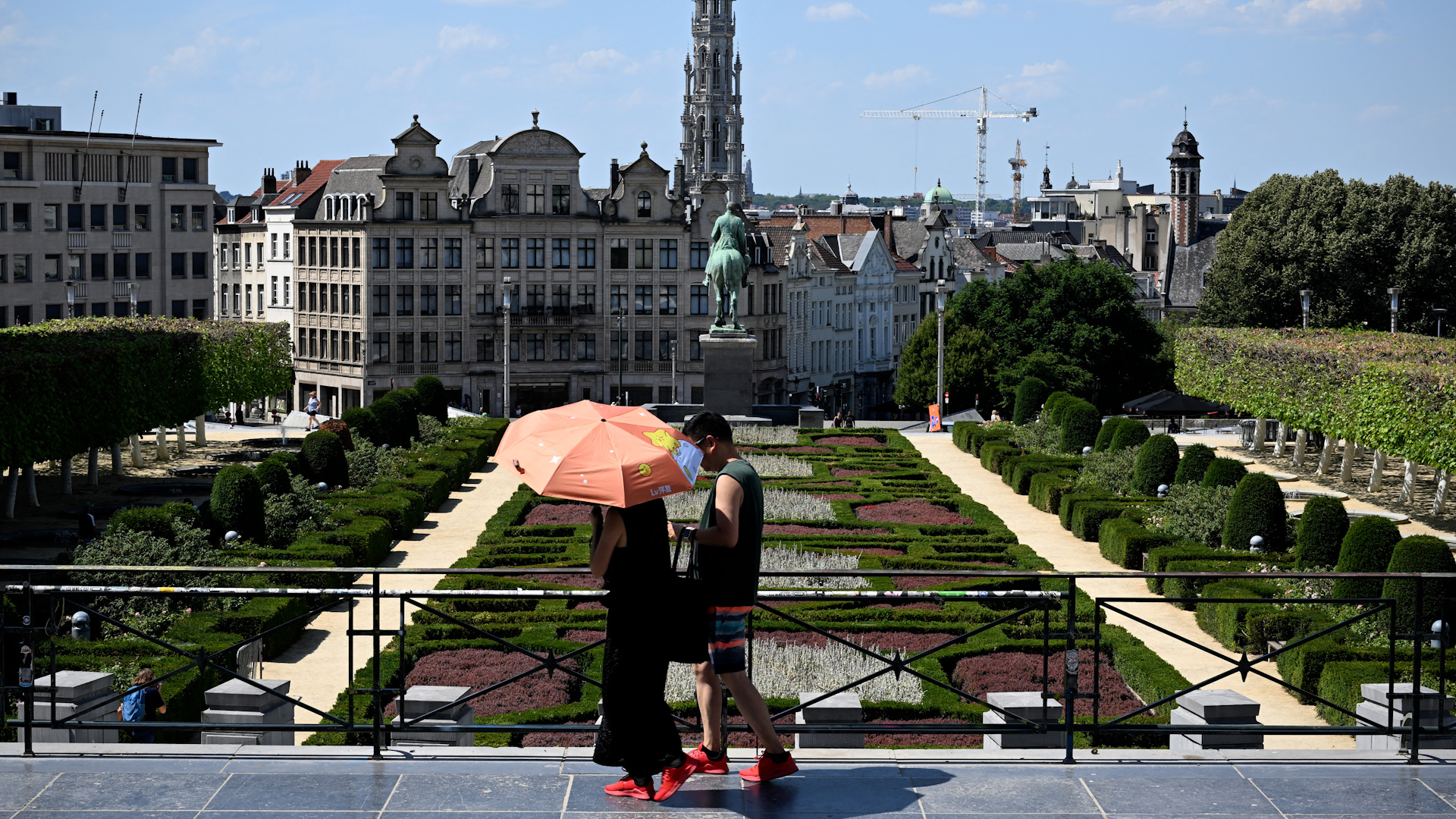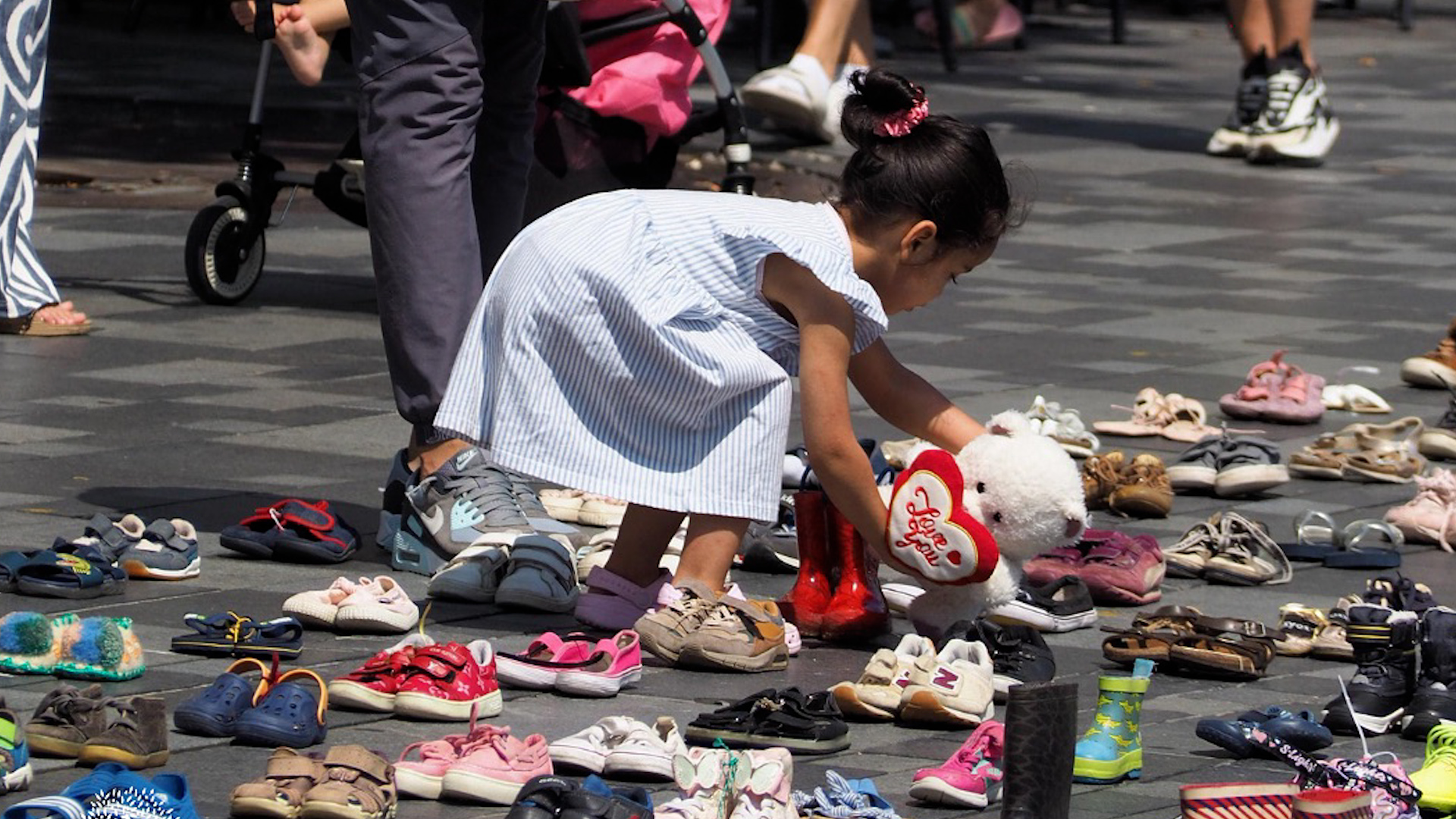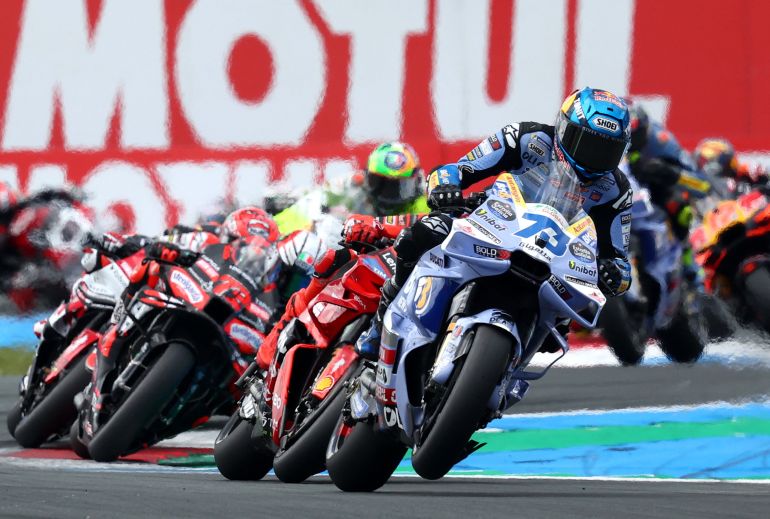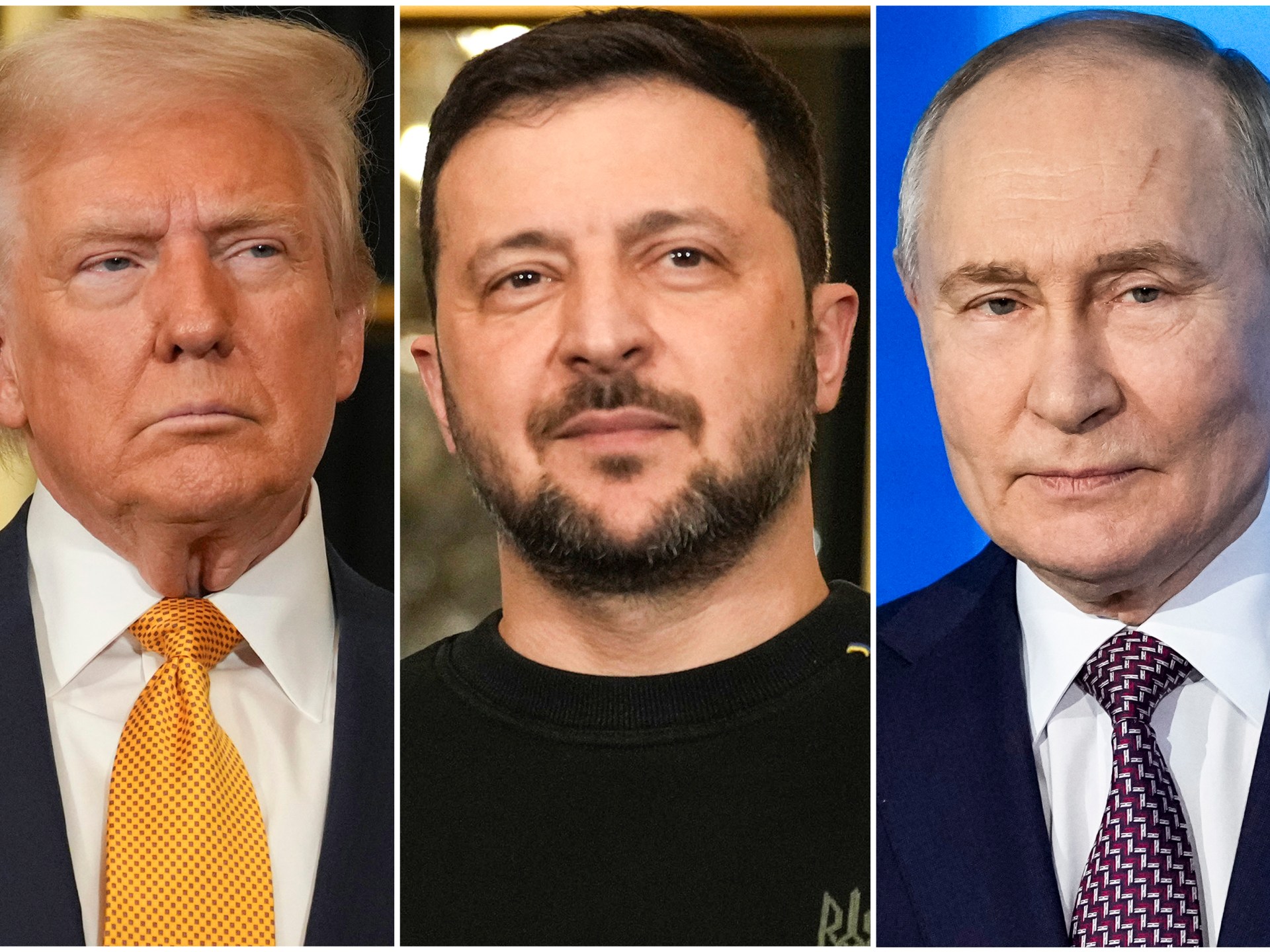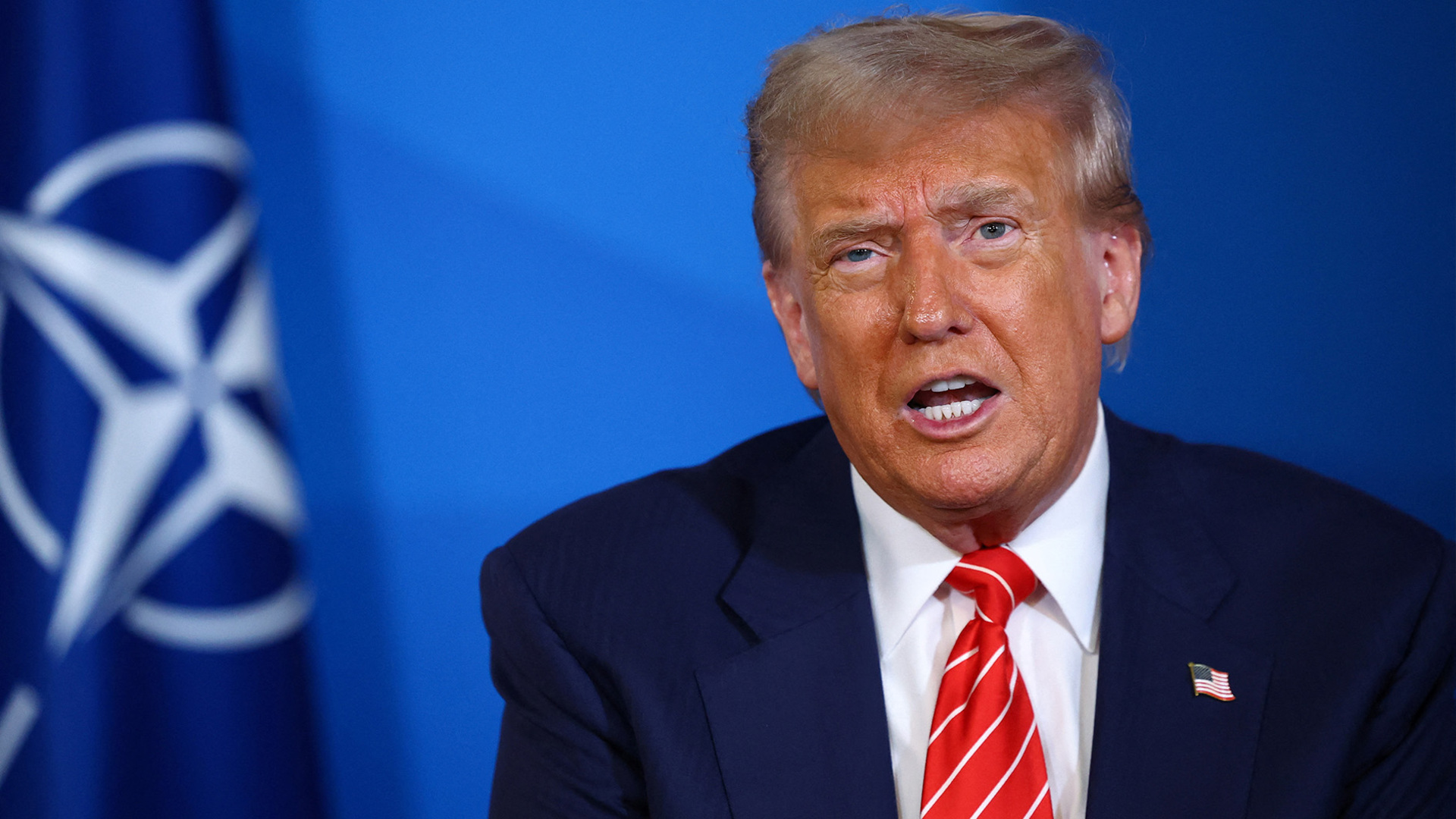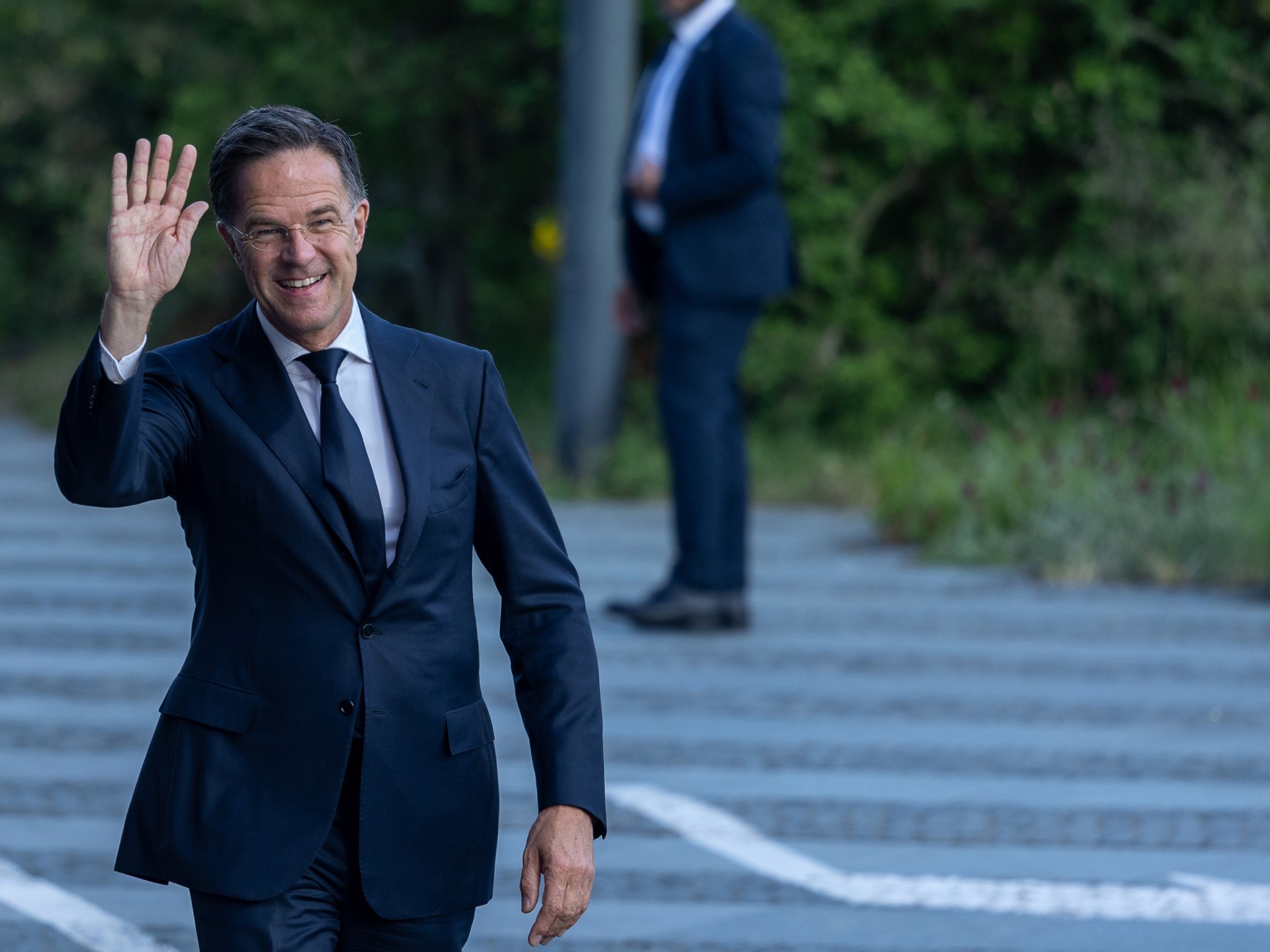Dutch foreign minister resigns over Israel sanctions deadlock | European Union News
Caspar Veldkamp and other ministers step down after cabinet rejects sanctions against Israel, prompting broader political upheaval.
Dutch Foreign Minister Caspar Veldkamp has resigned after failing to secure cabinet support for additional sanctions against Israel over its military onslaught in Gaza.
Veldkamp, a member of the centre-right New Social Contract party, said on Friday that he could not achieve agreement on “meaningful measures” and had repeatedly faced resistance from colleagues over sanctions already in place.
His efforts included imposing entry bans on far-right Israeli ministers, Bezalel Smotrich and Itamar Ben-Gvir, citing their role in inciting settler violence against Palestinians.
Veldkamp also revoked three export permits for navy ship components, warning of “deteriorating conditions” in Gaza and the “risk of undesirable end use”.
“I also see what is happening on the ground in Gaza, the attack on Gaza City, and what is happening in the West Bank, the building decision for the disputed settlement E1, and East Jerusalem,” Veldkamp told reporters.
His departure leaves the Netherlands without a foreign minister as the European Union navigates security guarantees for Ukraine and continues talks with the United States over tariffs.
Following his resignation, all New Social Contract ministers and state secretaries confirmed their support for Veldkamp and resigned from the caretaker government in solidarity.
Al Jazeera’s Step Vaessen, reporting from Berlin on developments in the Netherlands, said Veldkamp was “under increasing pressure from lawmakers in parliament, especially from the opposition who have been requesting stricter sanctions against Israel”.
While Veldkamp had announced travel bans for two Israeli ministers a few weeks ago, Vaessen said the foreign minister was facing growing demands after Israel’s attacks on Gaza City and the “increasing aggression” that the Dutch government “should be doing more”.
“Veldkamp has also been pushing for a suspension of the trade agreement that the EU has with Israel,” Vaessen added, noting that the Dutch foreign minister had “increasingly become frustrated because Germany was blocking that. So there was also this push from the Dutch parliament that the Netherlands shouldn’t wait anymore for any European sanctions but should put sanctions on Israel alone.”
Europe-Israel relations
Despite limited Dutch sanctions on Israel, the country continues to support the supply chain of Israel’s F-35 fighter jet.
Research from the Palestinian Youth Movement shared with Al Jazeera in June shows that ships carrying F-35 components frequently dock at the port of Rotterdam, operated by Danish shipping company Maersk.
The F-35 jets have been used by Israel in air strikes on Gaza, which have left much of the Strip in ruins and contributed to the deaths of more than 62,000 people since October 2023.
Earlier this week, the Netherlands joined 20 other nations in condemning Israel’s approval of a large West Bank settlement expansion, calling it “unacceptable and contrary to international law”.
Meanwhile, Israel’s military attacks on Gaza continue, forcing civilians from Gaza City southwards amid mounting famine. A global hunger monitor confirmed on Friday that residents of Gaza City and surrounding areas are officially facing famine conditions.
No successor to Veldkamp has been announced. The caretaker Dutch government, which has been in place since the collapse of the previous coalition on June 3, is expected to remain until a new coalition is formed following elections in October, a process that could take months.
